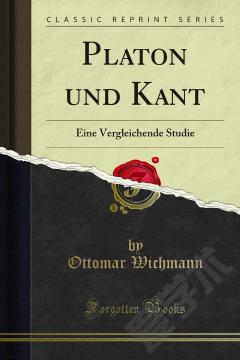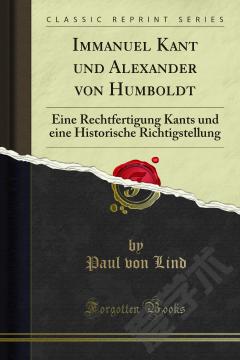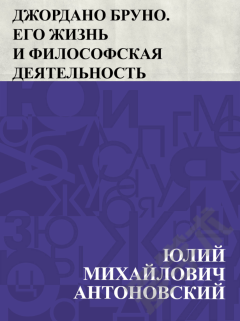Immanuel Kant —— A Study and a Comparison With Goethe, Leonardo Da Vinci, Bruno, Plato and Descartes
----- 伊曼纽尔康德
At last the threads that we have been spinning in our previous lectures run together into warp and woof. I had to start with the Goethe lecture in order to speak of ideas so that my meaning should be perceived: without the Leonardo lecture, - in which I endeavoured to draw an accurate distinction between that which is pure and that which is empirical, and consequently between mathematical natural science, and artistic intuition of nature, I could hardly have attained a consideration of the true Plato, in the face of so many deeply rooted misunderstandings which had to be swept away: the Descartes lecture is adapted to lay the foundation of the present lecture, as teaching the importance of the dualistic method of observation for all criticism of the human intellect, of which it, at the same time, furnishes you with a plastic conception; finally, the Bruno lecture has laid down once for all the difference between dogmatism and criticism, so that we know where to seek for Plato and where not.Towards the close of the lecture, when we shall know Plato better, we shall return to these heroes of our earlier lectures: for the moment I must content myself with these brief hints, only calling your attention to a special relation between the different lectures in order that you may from the very outset correctly grasp the distinguishing feature of the goal in view.
{{comment.content}}








 京公网安备 11010802027623号
京公网安备 11010802027623号